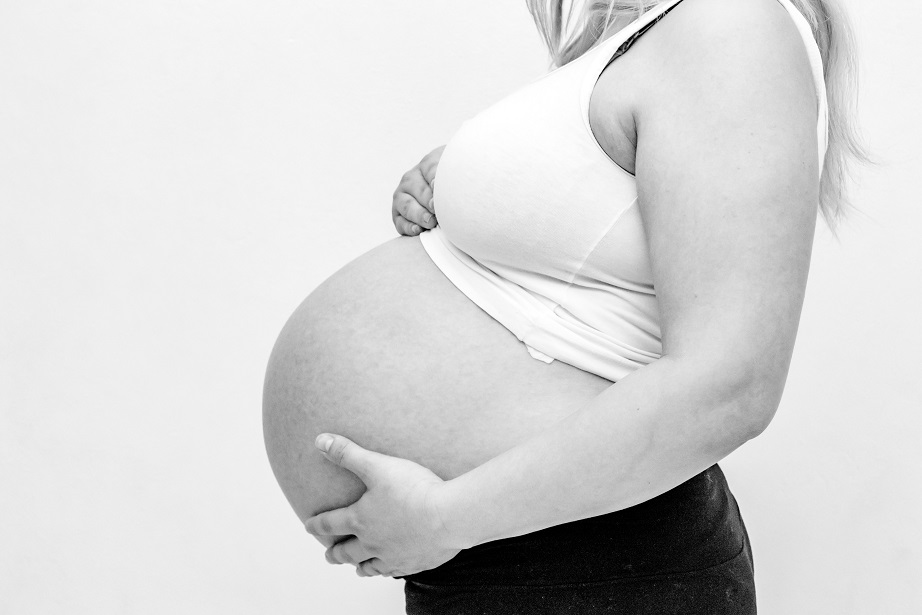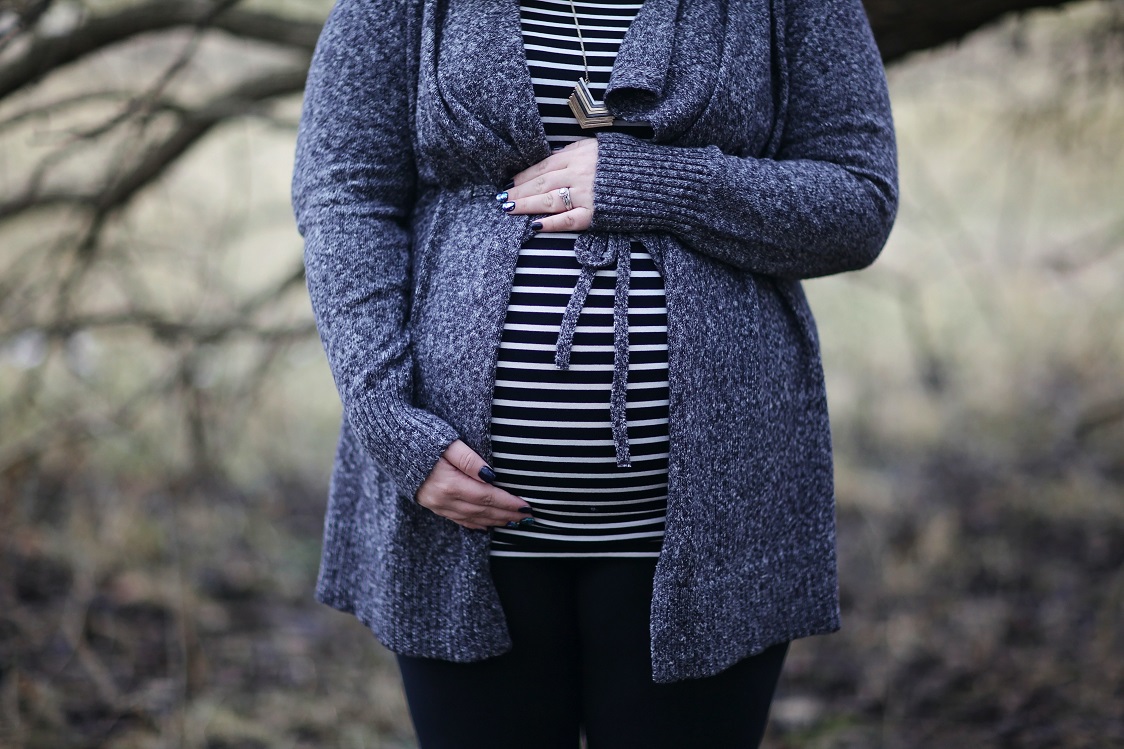Researchers seek to change opioid prescribing practices post-delivery.
Not only has the opioid crisis grown substantially in recent years, but the pandemic has only intensified the issue. The U.S. is getting inundated with the deadly synthetic fentanyl as well as even more powerful drugs. Dealers are taking advantage of user vulnerability and the toll the coronavirus has taken on mental health. Now, a group of clinicians is hoping to promote a changed mindset within the medical community involving how opioids are prescribed to mothers who’ve delivered via cesarean section (C-section). They started their mission after it became apparent that physicians were auto-prescribing these potentially addictive drugs as a first line of treatment for pain management.
In research presented this month at the annual meeting of the American College of Obstetricians and Gynecologists (ACOG) in San Diego, California, “women undergoing cesarean delivery were randomly assigned to receive prescriptions for either 10 or 20 oxycodone tablets at discharge [from the hospital]. Interim data revealed that not only did 10-tablet prescriptions correlate with significantly less opioid consumption, 35% of all women left their opioid scripts unfilled,” the researchers wrote.

These findings seem to indicate that doctors should stop “auto-prescribing opioids for caesarean section patients at discharge and, instead, work on individualized prescribing,” said Amanda Selk, MD, associate professor of obstetrics and gynecology at the University of Toronto, Canada. She was not involved in the study. Selk added, “We need to move away from a culture that says a patient can’t be discharged without an opioid prescription.”
For the study, researchers at Virginia Tech Carilion School of Medicine, Roanoke, Virginia, wanted to know how the opioid prescription sizes at the time of discharge impacted opioid use in general. With no standard dose recommendation for physicians to follow when it came to prescribing opioids for post-cesarean pain, the team also sought to aid their own clinicians in their prescribing practices, according to co-investigator Jaclyn Nunziato, MD, assistant professor of obstetrics and gynecology at Virginia Tech Carilion.
Researchers randomly assigned “134 women undergoing a scheduled cesarean delivery to receive a prescription for 10 or 20 tablets of 5 mg oxycodone at discharge.” Most had one or more C-section deliveries in the past. Data from “97 patients showed that 35% of women had not filled their opioid prescriptions 6 weeks after surgery.” Of those who did, the average use after six weeks was “6.6 tablets in the 10-tablet group and 13.3 tablets in the 20-tablet group.” No patients actively asked their prescribers to refill their medication and both groups reported similar pain levels throughout the six-week period.
“With an average of 9.2 tablets consumed in the two groups combined, the findings indicate a standard prescription of 10 tablets may be adequate to manage most patients’ postoperative pain,” Nunziato said. She hopes these findings “break down the stigma that opioids are the best treatment option for patients.”
There were more than 1.1 million C-section deliveries in the U.S. in 2020, according to the Centers for Disease Control and Prevention (CDC), meaning that putting a stop to auto-prescribing opioids would be “hugely beneficial to individual patients and our larger community,” said Robyn Goodrich, a medical student at Virginia Tech and the first author of the study. She added, “The patient would receive an amount that is adequate for controlling their pain and keeping them comfortable but does not put them at risk of developing tolerance and addiction.”


Join the conversation!